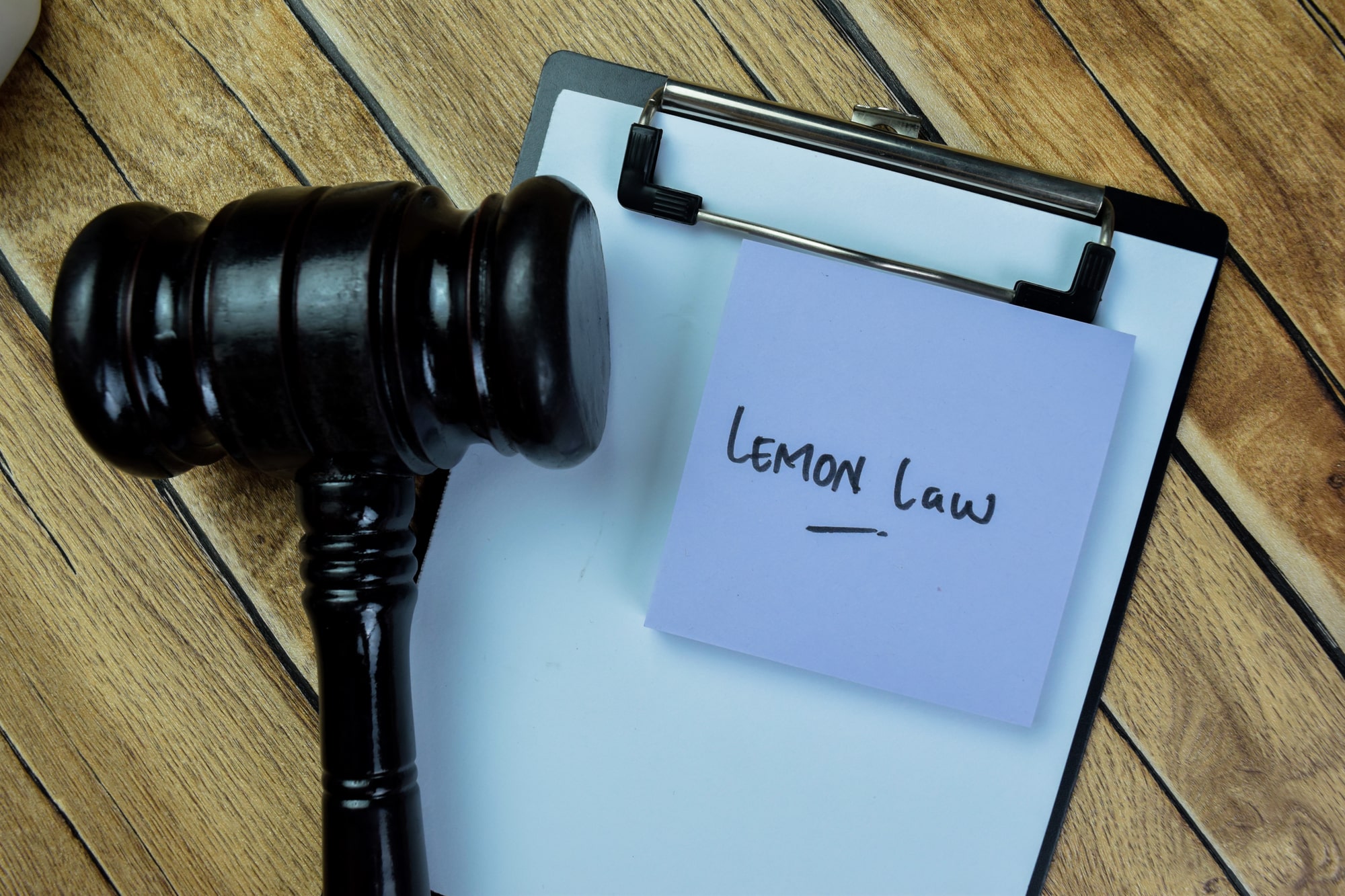There are three definitions of the word “lemon” according to Merriam-Webster’s online dictionary.
lem·on: noun \ˈle-mən\
- A yellow citrus fruit that has a sour taste
- A bright yellow color
- A product that is not made well : a product that does not work the way it should
Of the three definitions, Pennsylvania law, is most concerned with the third one. So much so that the state has enacted a series of laws governing the sale of automobiles that were not manufactured well or don’t work the way they should. And through these laws, the state wants to protect you in case you ever unwittingly end up with a lemon. They’re codified into law as Title 73, Chapter 28, §§ 1951-1963. But before you can file a lawsuit against a manufacturer under the Pennsylvania laws, there are a number of steps and requirements that must first be met.
The Commonwealth’s Automobile Lemon Law
The Pennsylvania automobile lemon law covers new and leased vehicles – whether purchased or leased within the commonwealth or not – as long as it is registered with the Pennsylvania Department of Transportation. What it does not cover, however, are motorcycles, RVs, or off-road vehicles. And it doesn’t cover used vehicles.
Under the commonwealth’s lemon law, the manufacturer must repair and correct – at no additional cost to you — any substantial defect that occurs 1) within 1 year of the vehicle’s ownership, 2) before the automobile has been driven 12,000 miles, or 3) prior to the expiration of the automobile’s express warranty, whichever occurs first. And the law does not apply to minor scratches and scrapes. The defect must be “substantial,” meaning it significantly decreases the car’s resale value, makes the car dangerous to drive and will likely cause injury or death, impairs the normal functions of the car, or does not conform to the specifications as stated in the express warranty. Additionally, any defect that occurs as a result of your neglect, abuse, or misuse of the automobile will not be covered by the lemon law.
The lemon law gives the manufacturer a chance to correct the defect in the car. But the manufacturer must give you a replacement car that’s comparable in value or a full refund if it has made a “reasonable number of attempts” at curing the defect but the defect still exists. A “reasonable number of attempts” involve situations where the manufacturer attempted to cure the defect at least 3 times and was unable to do so or your car has been unusable for 30 or more calendar days due to any defect. The manufacturer may, however, deduct from the refund depreciation value of the car depending on how and how much you used your car prior to the defect.
What You Can Do
Before you file a lawsuit against the manufacturer of your automobile, you must give it a chance to fix the car. But, if the manufacturer refuses to cure the defect or is unable to do so, you may, then, file a lawsuit under the commonwealth’s lemon law. To ensure success in any action against the manufacturer, you should have a number of documents immediately available to you. Such documents include the following:
- Sale or lease documents
- Maintenance records
- Repair statements or any other work order
- Any other documents related to the defect
If you need to sue your car’s manufacturer for selling you a lemon, you will need an attorney. Additionally, because there have been so many changes and amendments to the lemon laws, you will need an attorney to clearly understand your concerns and see if and how the law applies. The experienced and qualified attorneys at Stampone Law can help.




